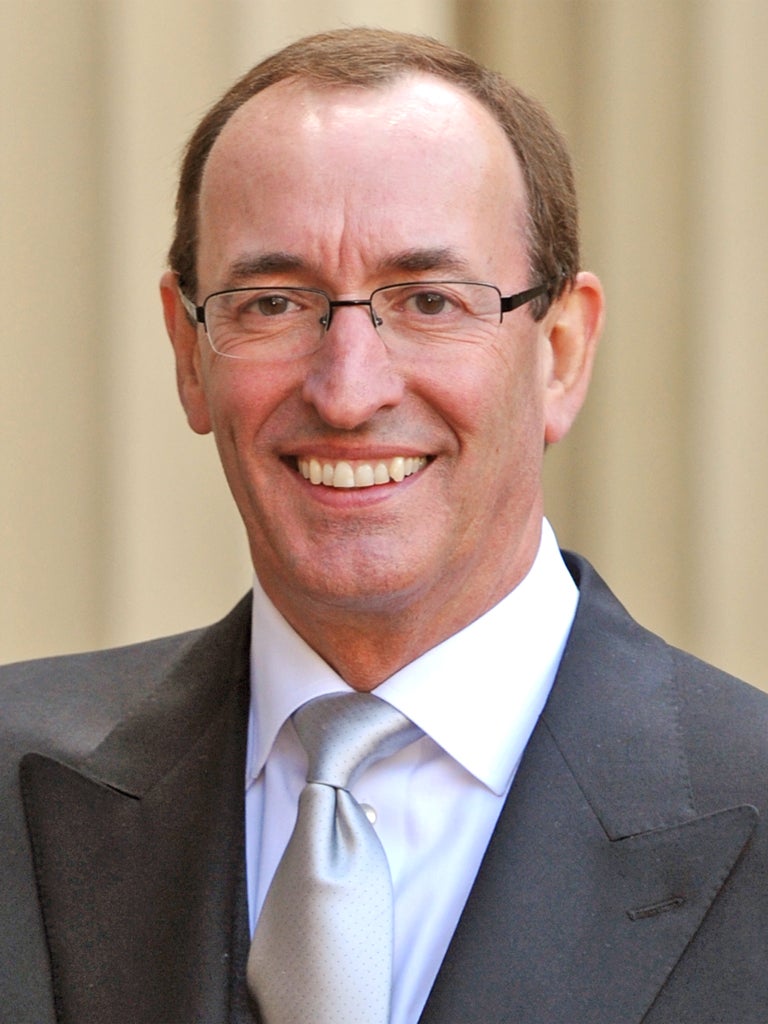The richest pensioner on the FTSE 100: Former boss of BG Group, Sir Frank Chapman, has pot worth more £22m

Sir Frank Chapman, the former boss of oil and gas company BG Group, is revealed as the richest pensioner in the FTSE 100 with a pot worth more than £22m when he stepped down.
The transfer value of Sir Frank’s pension holdings is the highest uncovered by this year’s TUC Pension Watch survey, which shows that the average pot of FTSE 100 bosses has surged to £4.75m.
Based on figures culled from annual reports, it found the average accrued annual pension stands at £259,947 – 25 times the average employee’s of £10,452 a year.
The report says David Brennan, who last year quit AstraZeneca amid investor anger over the group’s performance, will enjoy much more with an annual £1m retirement income from his pension arrangements. A further four directors – including Sir Frank – are to receive more than £800,000 a year.
Even though most new pensions are now “defined contribution” (DC), where the employees bear the risk, FTSE 100 company bosses again enjoy gold-plated schemes. The most popular DC rate towards a director’s pension is 25 per cent of their salary per year.
The report contrasts this with the policy of easyJet, which has directors in the same scheme as employees, offering an annual payment of seven per cent of salary. The average contribution rate for all workplace pensions is six per cent, while workers saving into the National Employment Saving Trust (Nest) under auto-enrolment into workplace pensions will receive an employer contribution of three per cent.
Critics have become concerned at the way pensions are used as a way of increasing executive pay at a time when salaries and bonuses are under intense scrutiny.
TUC general secretary, Frances O’Grady, said: “There can be no justification for this stark divide in company pensions. Some directors are collecting millions while schemes are scaled back for ordinary staff. It’s time companies created a level playing field.”
Subscribe to Independent Premium to bookmark this article
Want to bookmark your favourite articles and stories to read or reference later? Start your Independent Premium subscription today.

Join our commenting forum
Join thought-provoking conversations, follow other Independent readers and see their replies